The Institute of Molecular Biology at the University of Oregon was founded
In 1959, the Institute of Molecular Biology at the University of Oregon was founded.

In 1959, the Institute of Molecular Biology at the University of Oregon was founded.
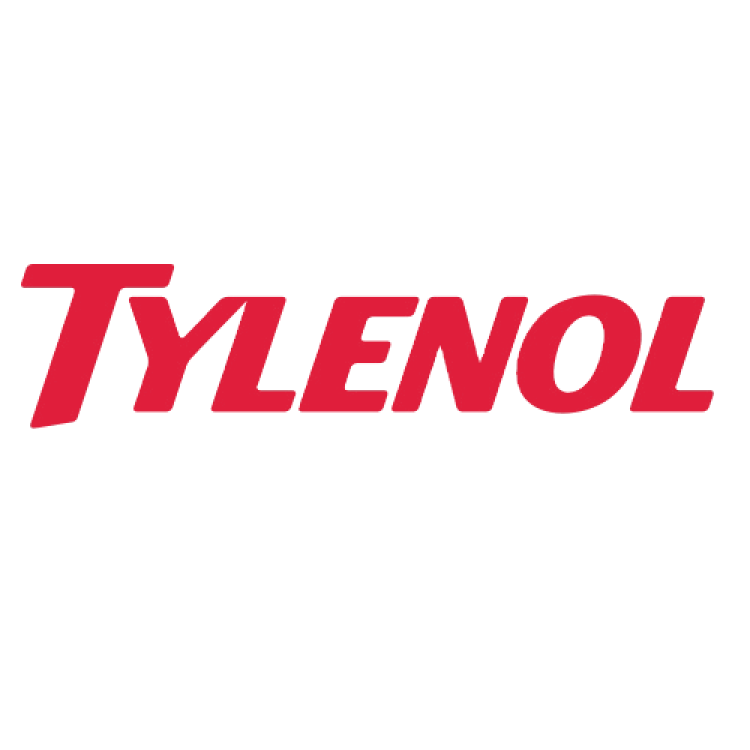
In 1959, Johnson ᅠ&ᅠ Johnson acquired McNeil Laboratories giving the Company a significant presence in the growing field…

In 1959, Siemens, now Sivantos, launched the Auriculette 326 its first behind-the-ear hearing instrument. The history of electrical…
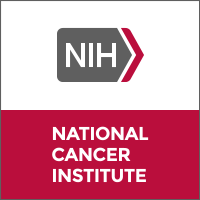
In 1959, the Journal of the National Cancer Institute inaugurated a series of occasional publications as Monographs to…
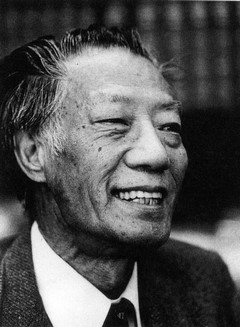
In 1959, Min Chueh Chang pioneered in vitro fertilization. He was also co-inventor of the oral contraceptive pill….

In 1959, the Scripps Clinic and Research Foundation recruited noted biochemist A. Baird Hastings from Harvard University, whose…
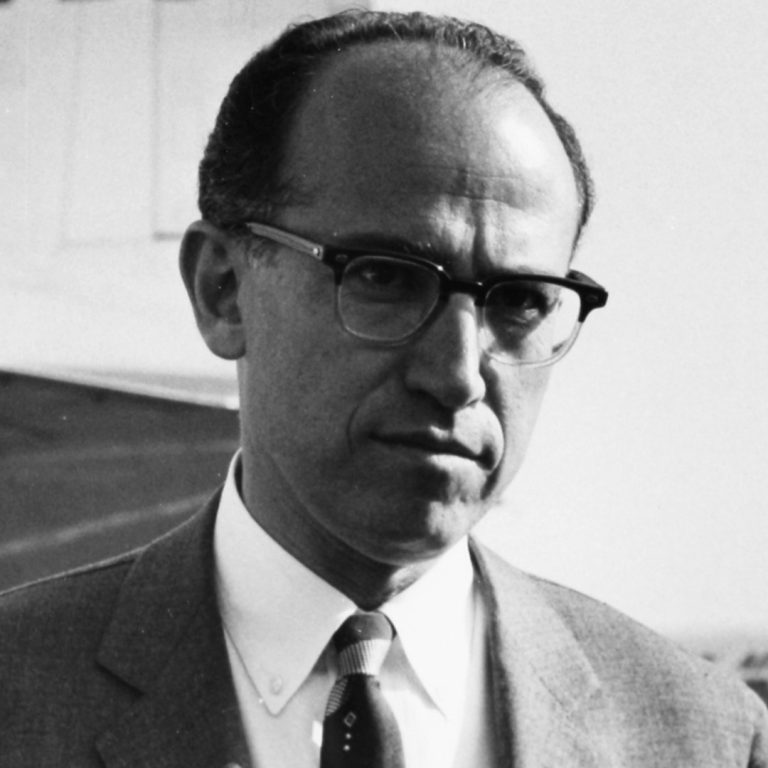
In 1959, the Salk Institute was initially envisioned by Jonas Salk, M.D., the developer of the polio vaccine,…
In 1959, University of California, Davis plant biologists Ralph Stocking and Ernest Gifford discovered that plant chlorplasts contain…
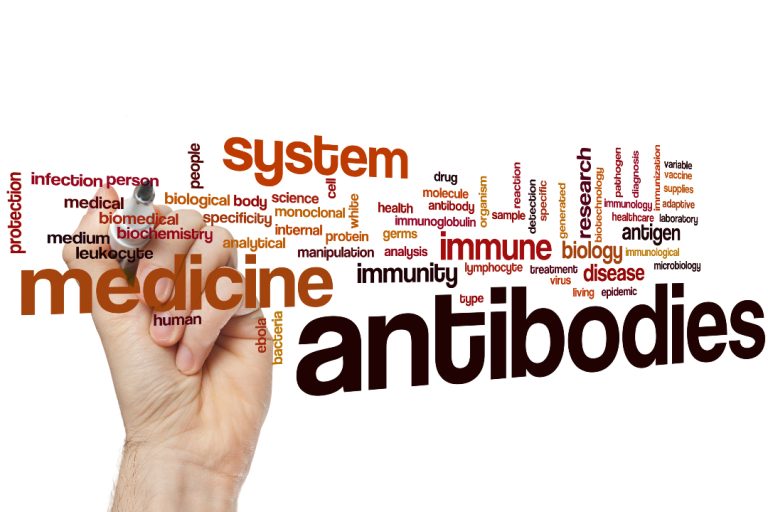
In 1959, William Prusoff of Yale University discovered idoxuridine, the first effective antiviral that fights herpes by interfering…
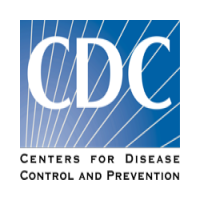
In 1959, the Centers for Disease Control and Prevention (CDC) developed a fluorescent antibody test for rabies, with…
In 1959, the U.S. Centers for Disease Control and Prevention (CDC) established a Staphylococcus Surveillance Unit to coordinate…

In 1959, Arnel Hallauer became director of Iowa State University’s (ISU) maize breeding program. Hallauer was part of…
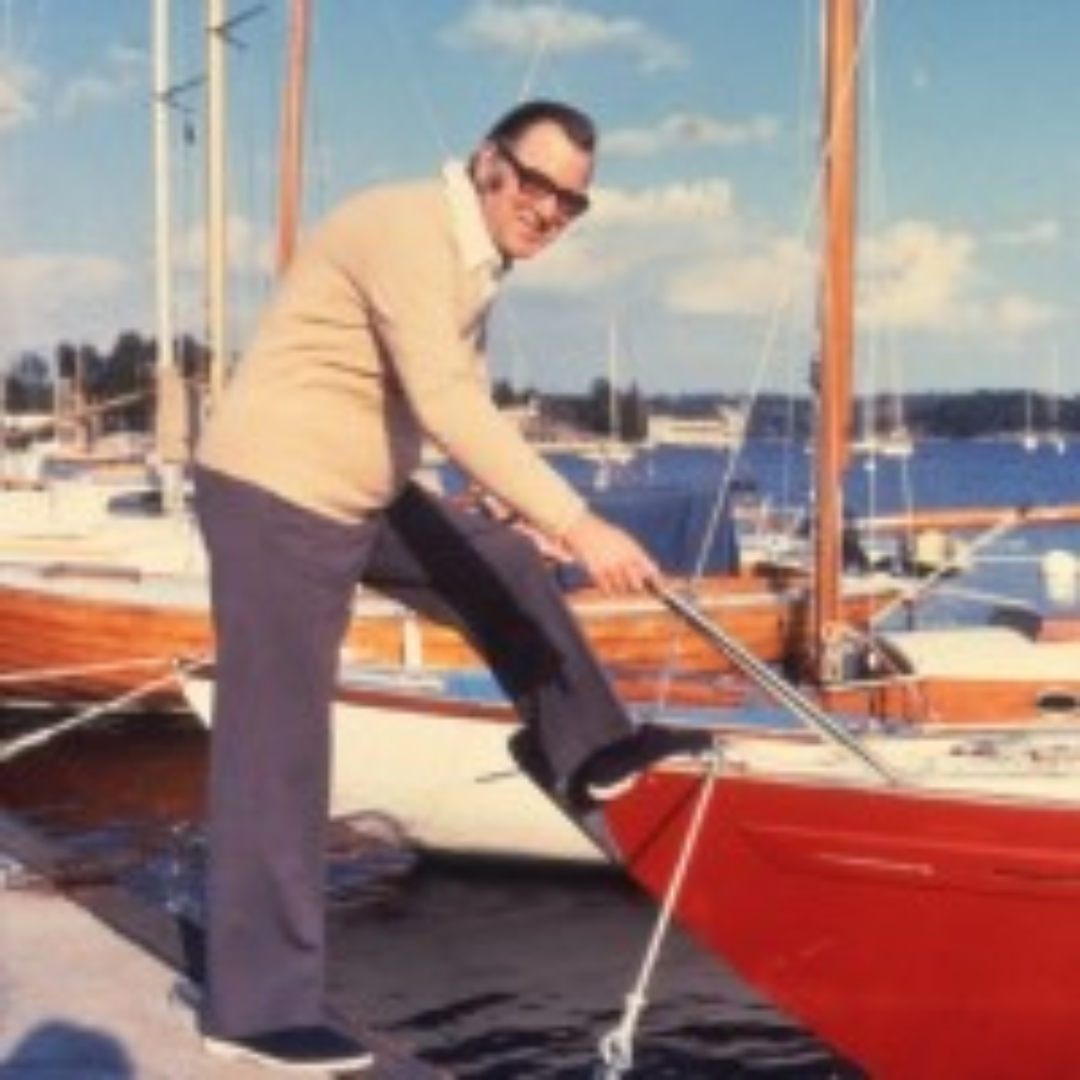
On Oct. 8, 1958, Arne Larsson became the first to receive an implantable pacemaker. The first replacement, done…

On Sept. 6, 1958, the U.S. Food and Drug Administration (FDA) Food Additives Amendments were passed, requiring that…
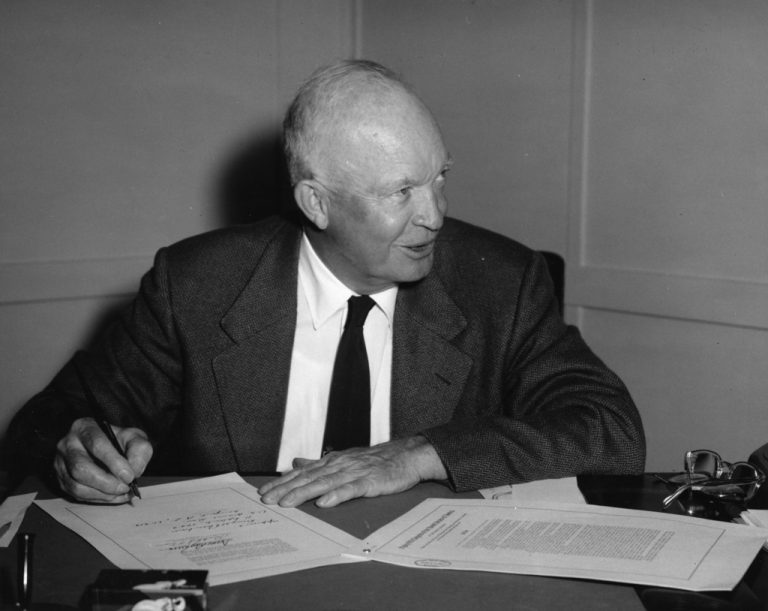
On Jul. 29, 1958, President Dwight Eisenhower signed the National Aeronautics and Space Act (NASA), leading to the…
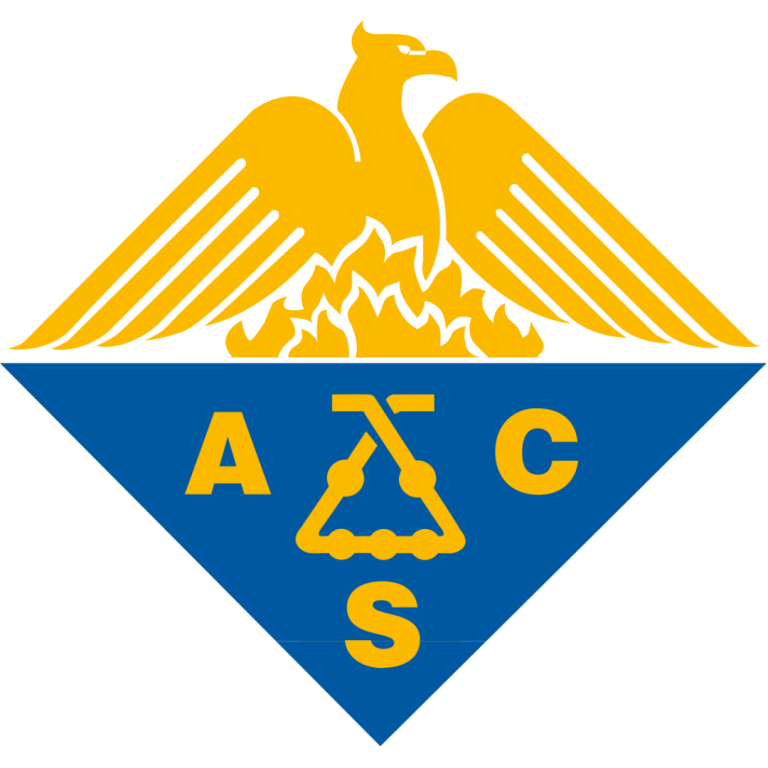
On Jan. 6, 1958, the American Chemical Society announced that Ernest H. Volwiler had been named the recipient…

In 1958, mpox (MPVX) was first discovered when two nonfatal outbreaks of a pox-like disease were reported in…
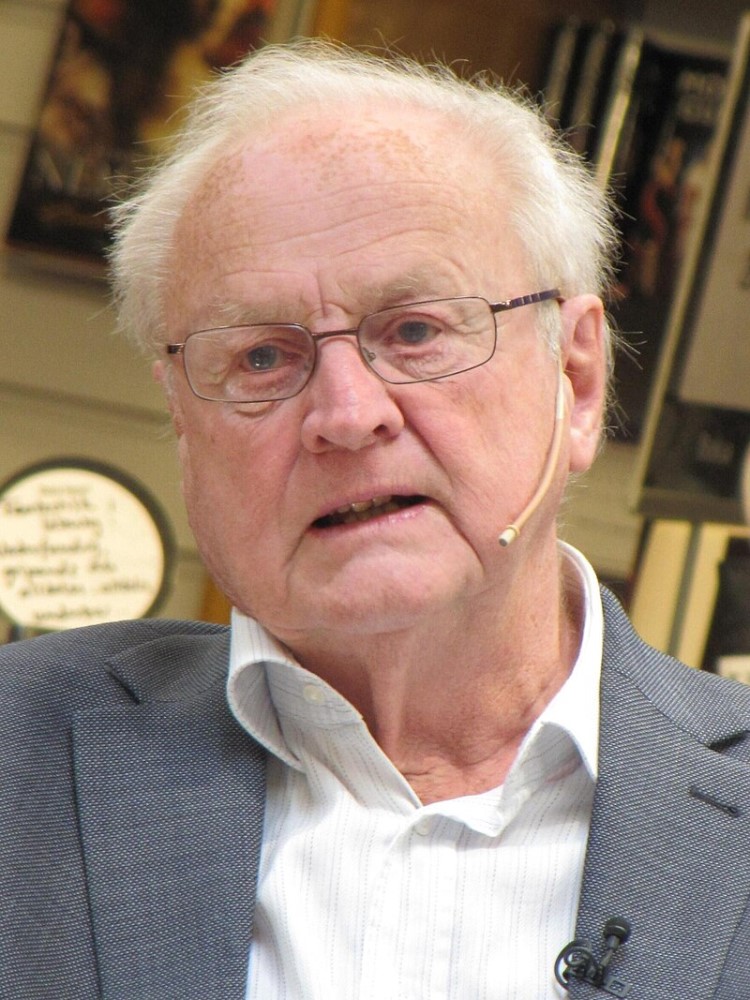
In 1958, Arvid Carlsson discovered that levodopa (L-Dopa) was effective in treating the symptoms of Parkinsonism. a treatment…
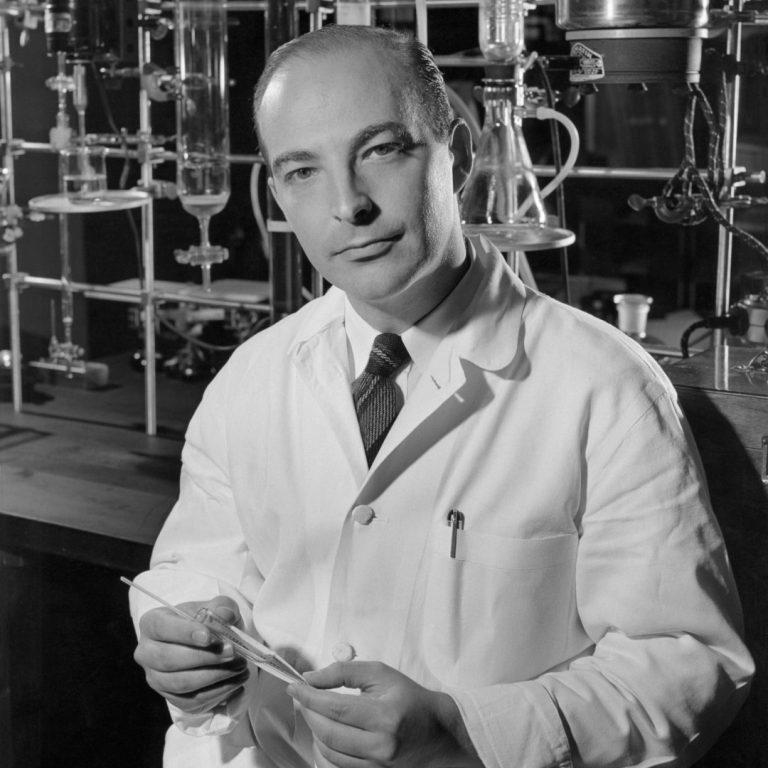
In 1958, Arthur Kornberg at Washington University School of Medicine found which combinations of the nucleotides and other…
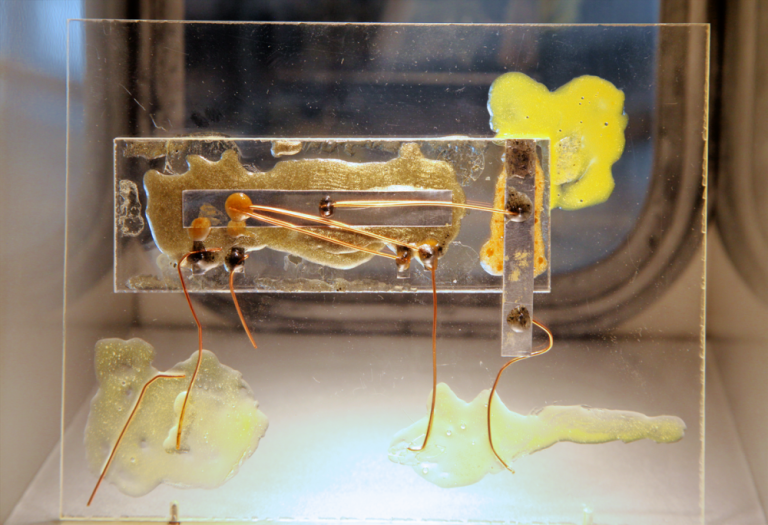
In 1958, the Integrated circuit was invented by Jack Kilby at Texas Instruments (TI). Kilby was awarded the…
In 1958, Joshua Lederberg, an American molecular biologist known for his work in genetics, artificial intelligence, and space…
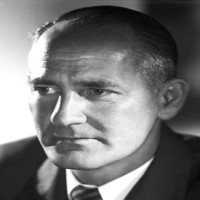
In 1958, George Wells Beadle of the California Institute of Technology was awarded the 1958 Nobel Prize in…
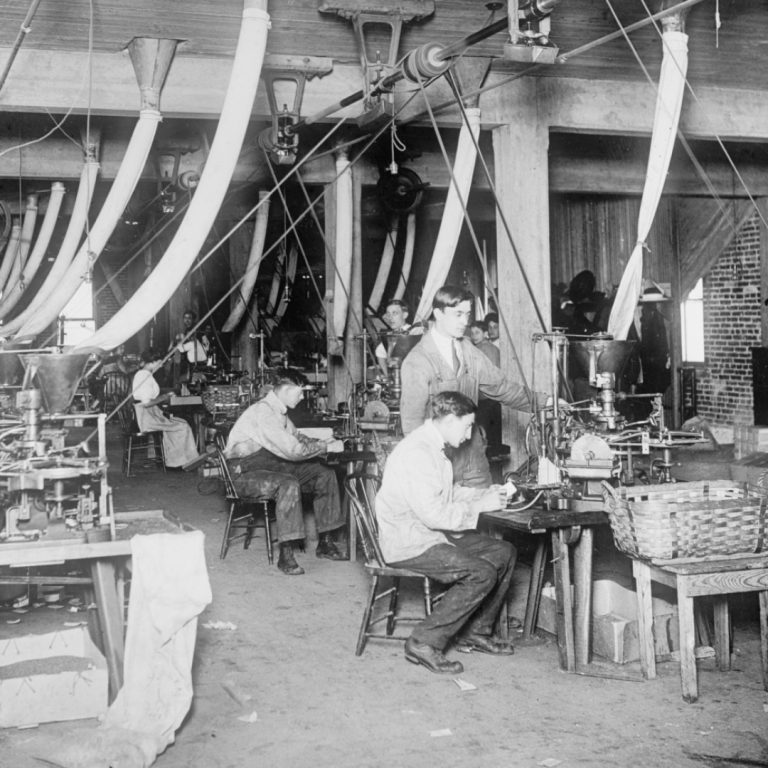
In 1958, the National Seed Storage Laboratory (NSSL), the first long-term seed storage facility in the world, opened…
In 1958, the discovery of the first hormone ever isolated from the pineal gland was reported by Dr….
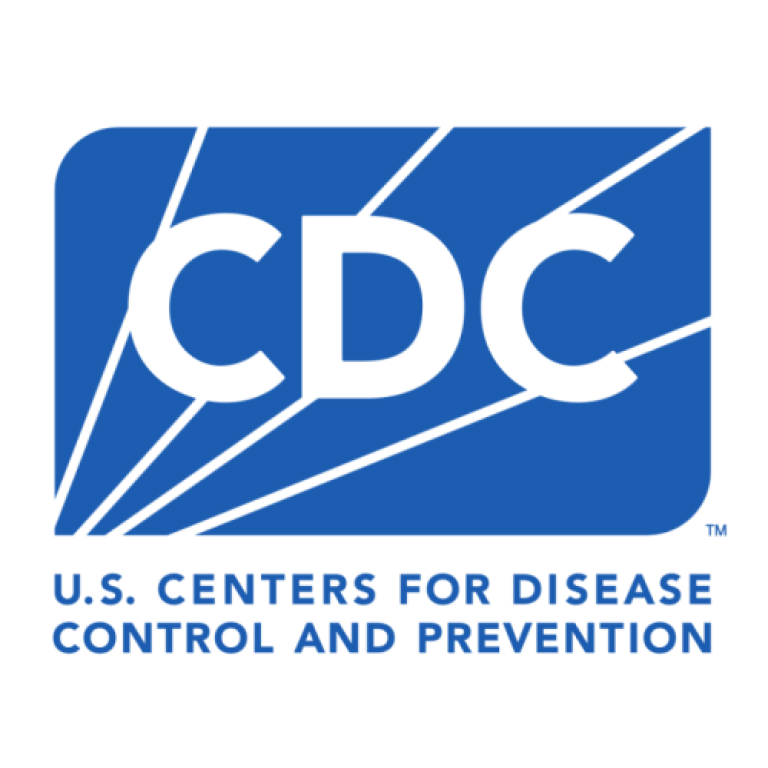
In 1958, the U.S. Centers for Disease Control and Prevention (CDC) sent a team of EIS officers to…
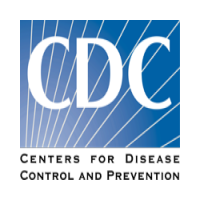
In 1958, the U.S. Centers for Disease Control and Prevention (CDC) investigated the first recorded epidemic of inhalation…
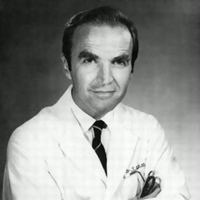
In 1958, C. Walton Lillehei and Dr. Richard A. DeWall at the University of Minnesota Heart Hospital co-invent…

In 1958, Hildegard Lamfrom worked at Caltech, doing research in molecular biology. She was among the first to…
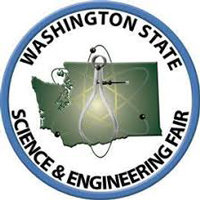
In 1958, the Kitsap County Science Fair (now Washington State Science and Engineering), sponsored by the Bremerton PTA…
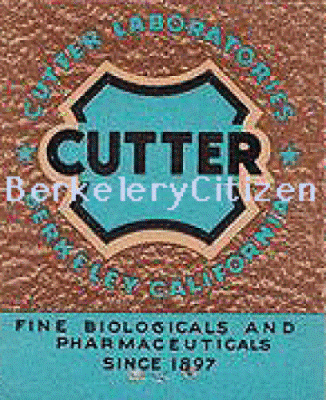
In 1958, Hollister-Stier Laboratories became a subsidiary of Cutter Laboratories. Hollister-Stier Laboratories, located in Spokane, was founded by…